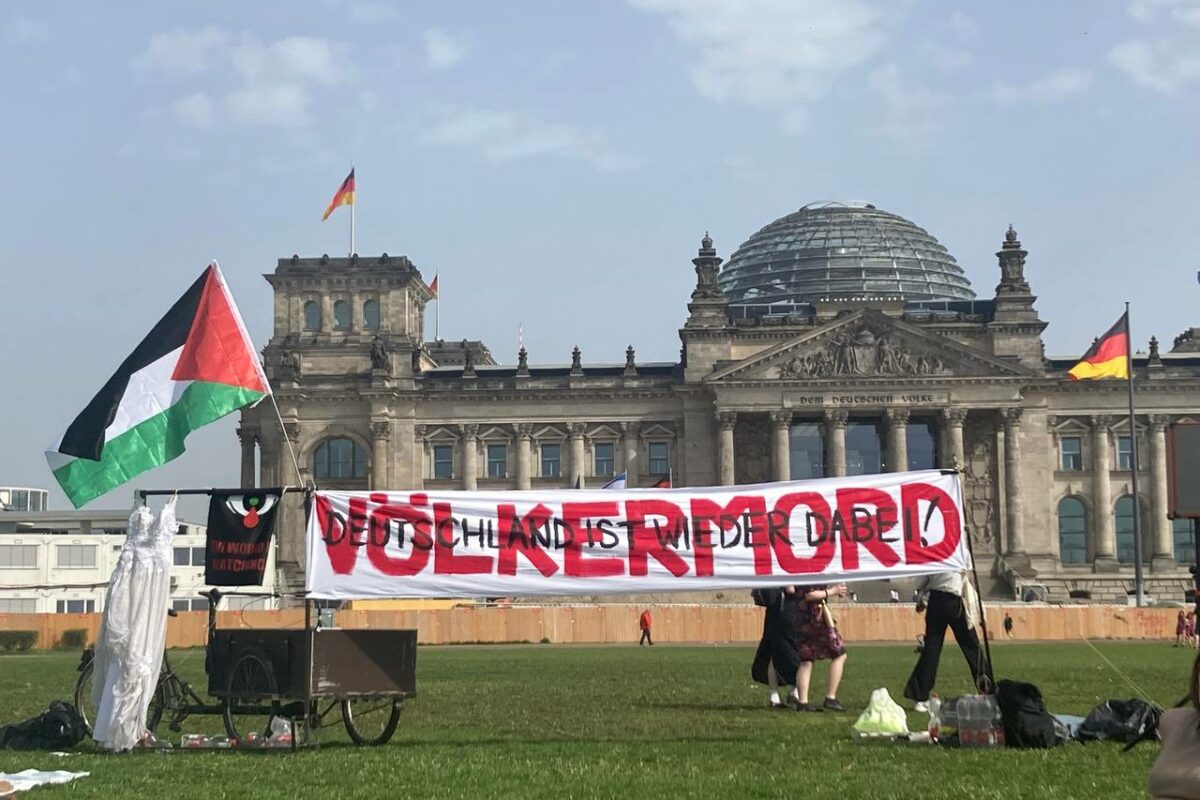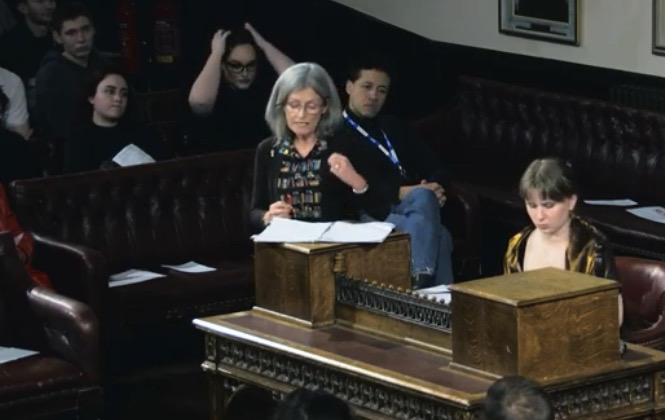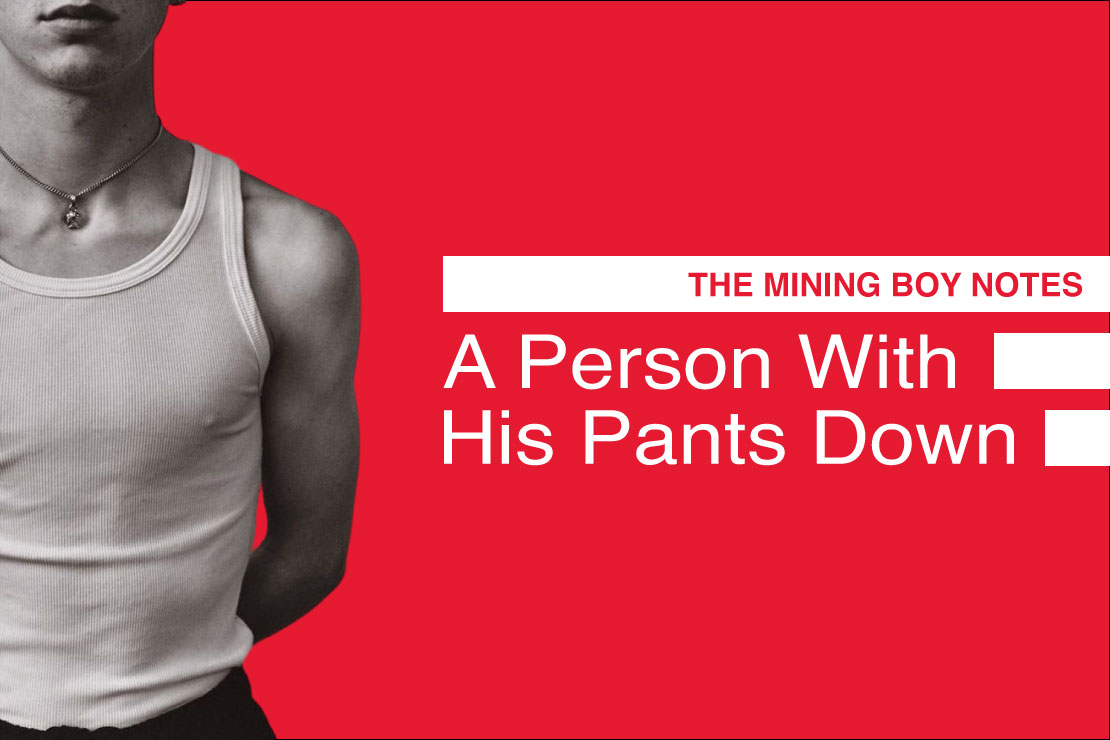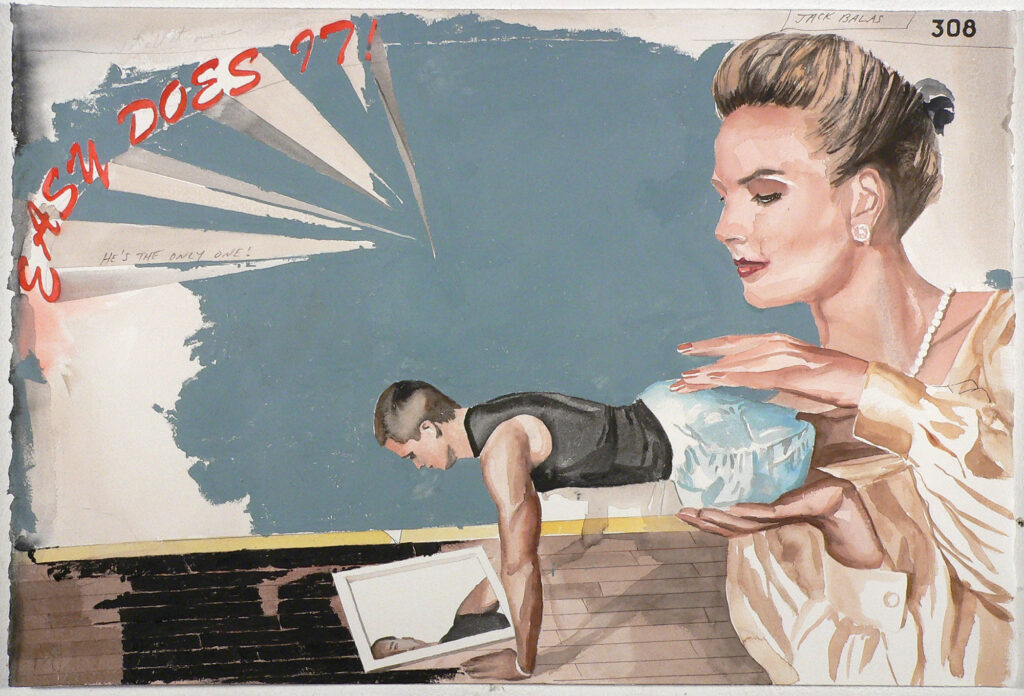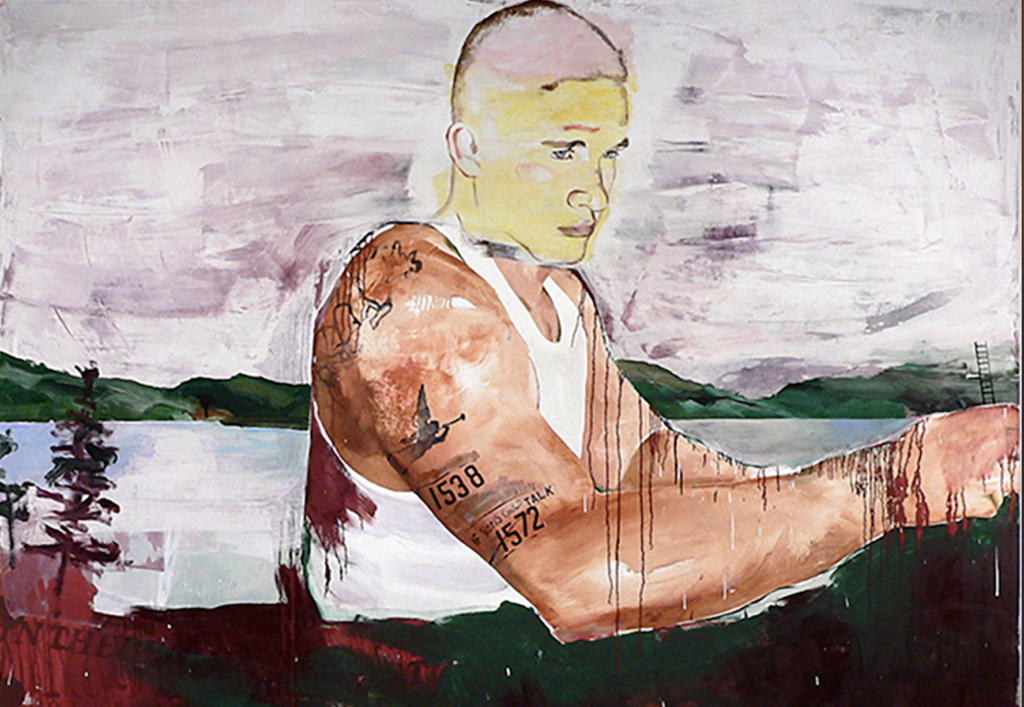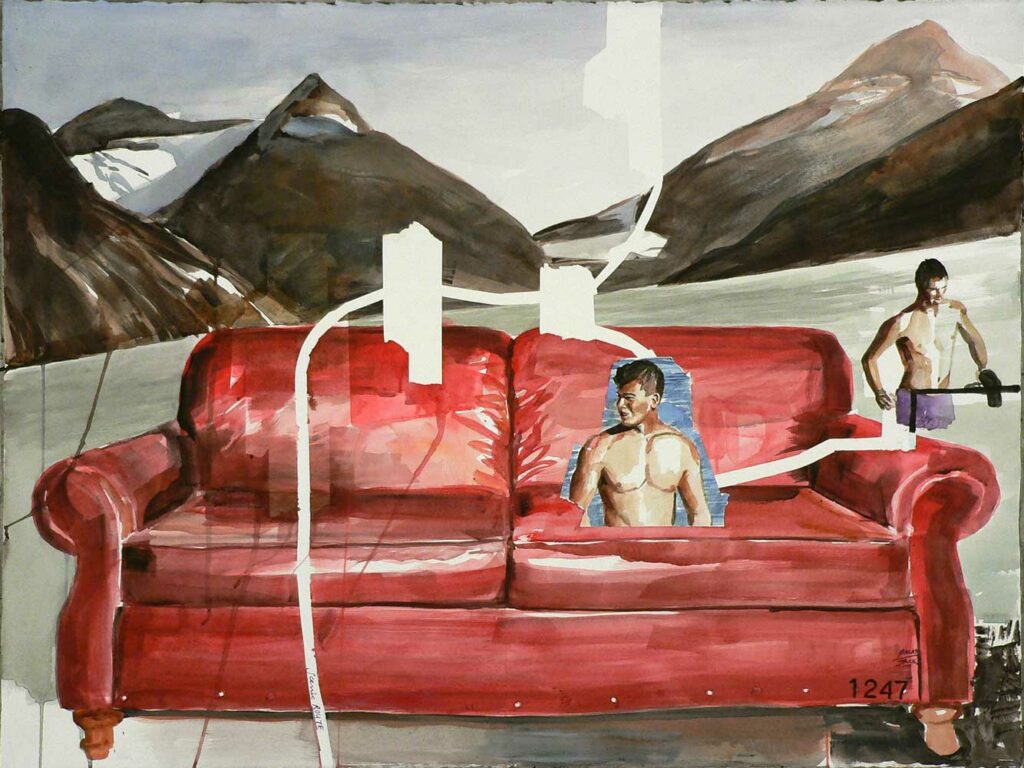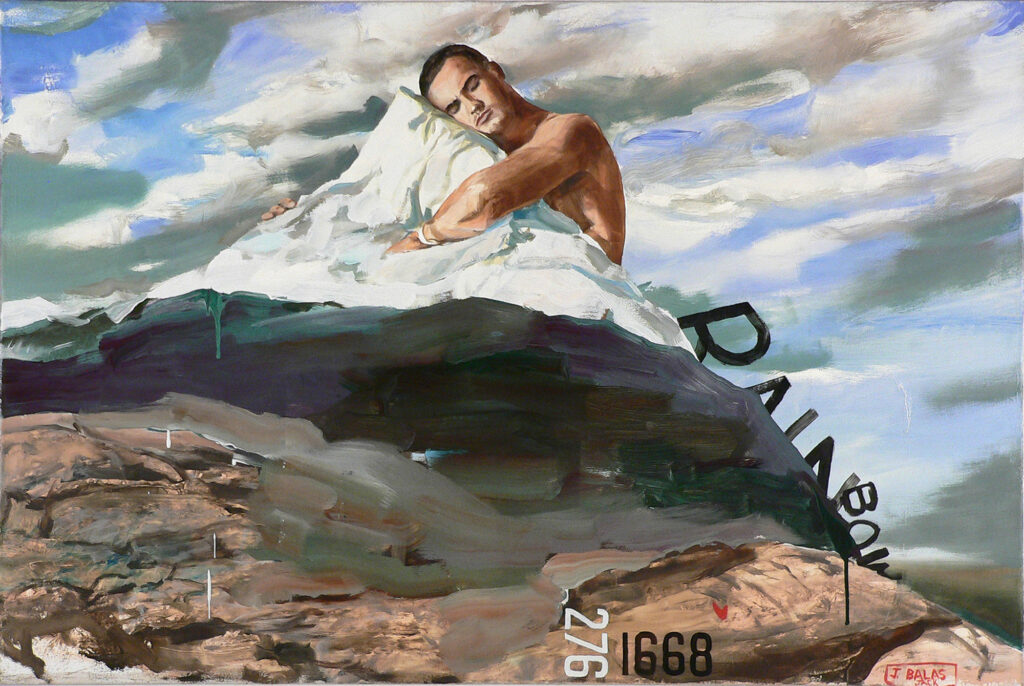When I first heard that Nicaragua is taking Germany to court for aiding and assisting Israel in the genocide in Gaza, I had two immediate thoughts. First, how amazing is it, that someone is holding the German state accountable for their actions! Second, why the hell does it have to be Nicaragua?
Because not many people know what is going on in Nicaragua, I want to take this opportunity to talk about the context in which the Nicaraguan state has filed this important case against Germany at the ICJ. Firstly, I want to state that even though I have lived and worked in Nicaragua and with Nicaraguans for the last 10 years, I speak from my very personal perspective as a white German woman. That I am able to speak quite openly about this topic without endangering my livelihood or that of my loved ones is a privilege most Nicaraguans don’t have. Not only because of the repression by the German state, which we are all aware of, but also because of repression by the Nicaraguan state.
The people of Nicaragua have a historic connection with the Palestinian struggle against occupation and oppression. As a Nicaraguan friend of mine said: “we know what it means to be under occupation, we have lived the violence of war and oppression and have felt it in our bodies. We don’t have the privilege of westerners to talk about these atrocities from a distance. This makes it near impossible for us not to stand in solidarity with the Palestinian people.”
During the Revolution against the US-backed Somoza dictatorship and the Contra War in the 1970s and 80s, the Sandinista National Liberation Front held close personal, political and economic relations with the Palestinian Liberation Organization. In 2017, the 4th Congress of the Palestinian community in Latin America and the Caribbean was held in Managua, where the Nicaraguan government expressed its continued support for the Palestinian people and their struggle for national autonomy. In 2010, Nicaragua severed diplomatic ties with Israel (which were later resumed) and in 2019 Nicaragua opened an embassy in Ramallah, Palestine. In this context, opening a case against Germany as one of the strongest supporters of Israel in the ongoing genocide makes perfect sense and is a testament to this historic solidarity. Of course, there are also many geopolitical considerations that influence Nicaragua’s decision for filing the case, which are not mentioned here.
At the same time, it is important to recognize the hypocrisy of the Nicaraguan government which demands the respect of international humanitarian law and human rights in other parts of the world while simultaneously perpetrating crimes against humanity in their own country. Daniel Ortega, the current president, has long strayed from the Sandinista ideals of freedom and equality for the Nicaraguan people. Since his election in 2007, the former revolutionary leader has systematically eliminated all political opposition and centralized all state power onto himself and his family – mostly his wife and, since 2016, vice-president Rosario Murillo.
Since 2018, when massive popular demonstrations against the government were violently repressed and resulted in over 350 deaths, Nicaragua constitutes an openly totalitarian dictatorship. Numerous unconstitutional laws sanctioning all political opposition as “terrorism“ and “treason“ have been passed. Last year Jan Simon, Chair of the UN Group of Human Rights Experts on Nicaragua, which presented an extensive report on the human rights violations in the country, stated:
“We can conclude that widespread and systematic human rights violations that amount to crimes against humanity – and are motivated by political reasons – have been committed against civilians by the Nicaraguan Government since 2018. […] They have been weaponizing the justice system, weaponizing the legislative function, weaponizing the executive function of the State against the population.”
The UN report identified a pattern of more than 100 extra-judicial executions carried out by agents of the National Police and members of pro-government armed groups as well as several hundred cases of torture and arbitrary detentions.
Because of participation in the protests or even political statements online criticizing the current dictatorship, people have been harassed, lost their jobs, have been denied healthcare, were expelled from universities and had all their academic records wiped. Over 300 people have been officially stripped of their citizenship and lost all access to their belongings, rights, and even their birth records, leaving them not only state-less, but also placing their whole families in precarious situations. Many more have had their passports confiscated and have been denied exit or entry into Nicaragua.
Meanwhile the government is still increasing the repression. Since 2018, almost 4,000 NGOs have been closed and/or forbidden, such as all human rights organizations, environmental groups, feminist organizations, etc. Well over half a million people emigrated in the last 6 years not only because of political persecution, but also because of economic reasons. In a country with only 6 million inhabitants, that means that roughly 10% of the population has left the country! It is important to note, that the Ortega-Murillo family and government not only control public spaces, but also all media outlets and school curricula, making independent or dissident organization in the country nearly impossible. There is no independent press left within the country and in the last year many private universities have been closed or converted into public ones.
Apart from the crimes directly related to political opposition, I also want to mention the systematic repression of the indigenous peoples living in Nicaragua’s Caribbean Coast, which has been going on for decades. In theory, the Miskitu, Sumu-Mayangna, Garifuna and Rama-Kriol peoples and their rights are protected by law. Their territories are officially recognized, and they have political autonomy over them. In reality, these rights are barely respected.
Especially in the two biggest natural reserves of the country (Bosawas and Indio Maíz) which are part of the autonomous regions and territories, there have been continuous conflicts around land. Mostly poor, non-Indigenous farmers from the pacific and central regions are illegally entering these areas, chopping down trees to sell the lumber, establish cattle farms, or sell the land. The government does little to nothing to protect the communities against these colonos (colonizers) and there have been many cases where it even actively encouraged them, for example by promising “free” land for party supporters. The government also actively benefits from the cattle ranching that comes after the massive deforestation. Especially in the North, there have been many violent assaults of armed colonizers against Indigenous communities. In 2021, one of the most gruesome attacks against a Mayangna community resulted in at least 13 deaths, including a 6-year old child, while some women were sexually assaulted before being killed. The police did nothing.
This is the political context in which the Nicaraguan state filed the case against Germany. While no nation-state in this capitalist system is a moral one, and double standards can be found everywhere, the blatant violations of human rights by the Nicaraguan government and their open dismissal of international institutions greatly diminish the credibility of their claim against Germany. I personally cannot help but feel cynical when hearing Nicaraguan representatives demanding respect from Israel for these same human rights as well as international humanitarian law.
Despite all of this, I want to reiterate the importance of the ICJ case. Whatever Nicaragua’s intentions, it is incredibly important to hold Germany accountable for its complicity in the ongoing genocide in Gaza. It is so important not to stop talking about Palestine, and so important to confront the Zionist rhetoric we see in mainstream media. And I think the case against Germany can at least help do that.
We cannot let them get away with this any longer! We cannot let them use our tax money to fund this genocide!
Viva Nicaragua libre and free Palestine!
This is the text of a speech given at the Camp for Gaza outside the Bundestag. It has been edited for clarity. Reproduced with permission.
